Oceanía/Fiji/Octubre de 2016/Autor: Luke Rawalai/Fuente: The Fiji Times on Line
RESUMEN: Algunos estudiantes en Fiji, se encuentran haciendo sacrificios para estudiar tales como los de la Escuela Distrito Kubulau en Bua. Esta semana, los estudiantes en el año 4 y 5 negocian sus aulas por tiendas de campaña para que los alumnos de los años 6 y 8 puedan sentarse para presentar sus exámenes nacionales.La escuela fue uno de los gravemente dañados por el severo ciclón tropical Winston. Sin embargo, los estudiantes han regresado a sus aulas y sólo utilizan las tiendas de campaña para las asambleas escolares y reuniones. Ayer, los estudiantes desafiaron las condiciones calientes y húmedas, pero se consolaron con la promesa de que sus maestros no permanecerían en las tiendas de campaña durante mucho tiempo. El administrador de la escuela, Tevita Malai afirmo: «Estamos esperando la ayuda del Gobierno y esperamos que se realice algo acerca de los trimestres escolares pronto»
MAKING sacrifices are what some students in Fiji, such as those in Kubulau District School in Bua are used to.
This week, students in Year 4 and 5 traded their classrooms for tents to allow students in Years 6 and 8 to sit for their national exams.
School manager Tevita Malai said they had to move the classes out to the tents to allow Years 8 and 6 students a proper environment to sit their examinations.
Mr Malai said the initial plans were to have the students remain in tents and sit for their exams, but the younger students and teachers agreed to sacrifice their classrooms to study in tents.
The school was one of those badly damaged by Severe Tropical Cyclone Winston. However, students have returned to their classrooms and only use the tents for school assemblies and gatherings.
Yesterday, students braved the hot and humid condition, but were comforted with their teachers’ promise they would not remain in the tents for long.
«Most of our teachers and their families continue to live in tents after they were moved out of the Kubulau Government Station where they stayed for a brief while after TC Winston,» Mr Malai said.
Mr Malai said he often felt for teachers and their families who had to spend the heat of the day and cold nights in the tents.
«We are awaiting Government assistance and we hope that something will be done about the school quarters soon,» he said.
During lunch, parents, teachers and students had a feast of fish and chicken.
Minister for Education Doctor Mahendra Reddy revealed a total of 4484 students were still studying under tents in schools around the country post-Severe TC Winston.
He also said the Severe TC Winston rehabilitation budget allocation would greatly assist in rebuilding and restoring essential services in the education sector.
Fuente: http://www.fijitimes.com/story.aspx?id=373495

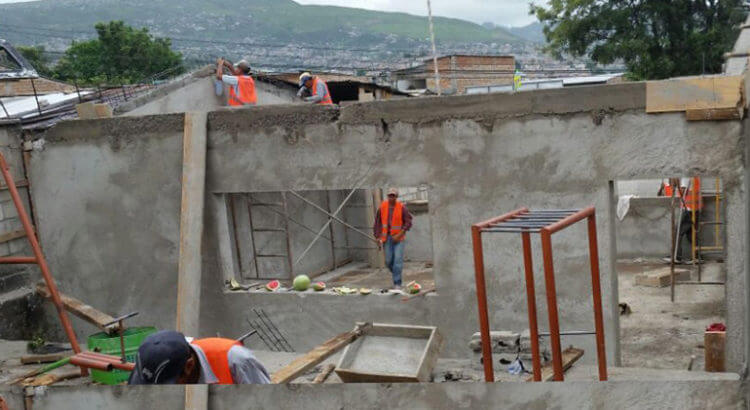
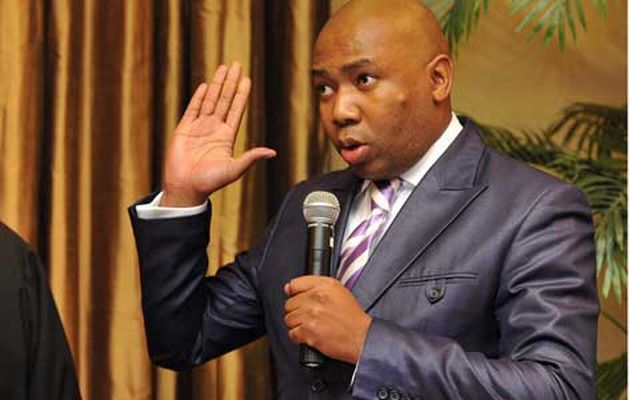
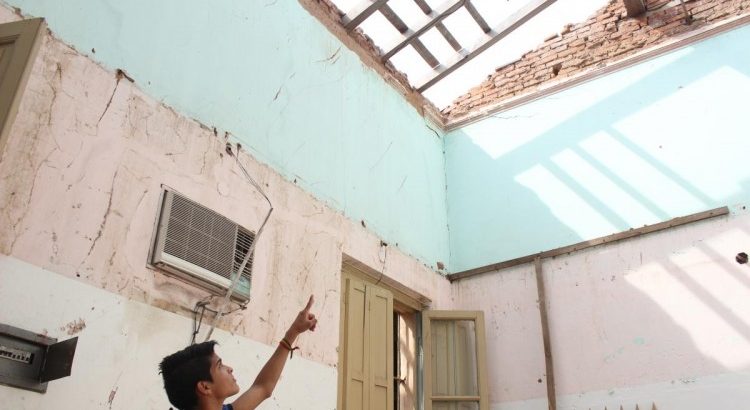
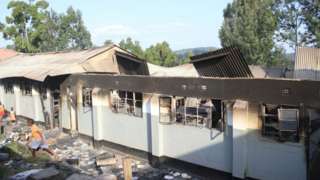
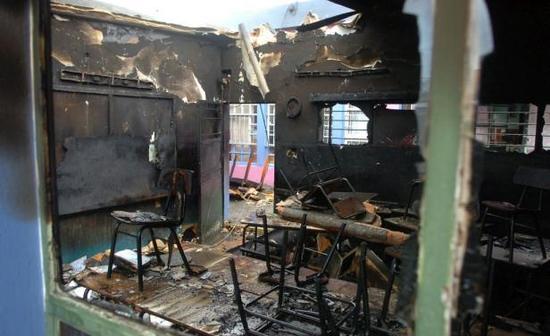






 Users Today : 89
Users Today : 89 Total Users : 35460106
Total Users : 35460106 Views Today : 110
Views Today : 110 Total views : 3418741
Total views : 3418741